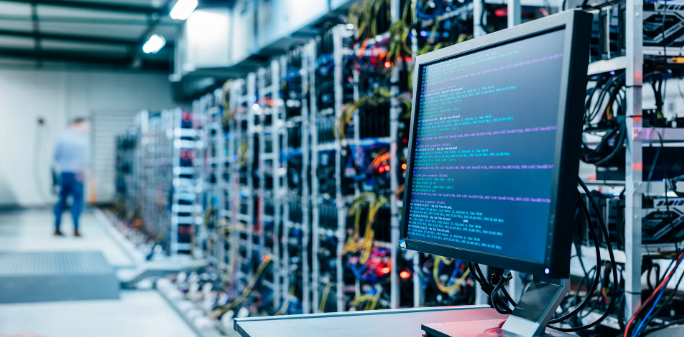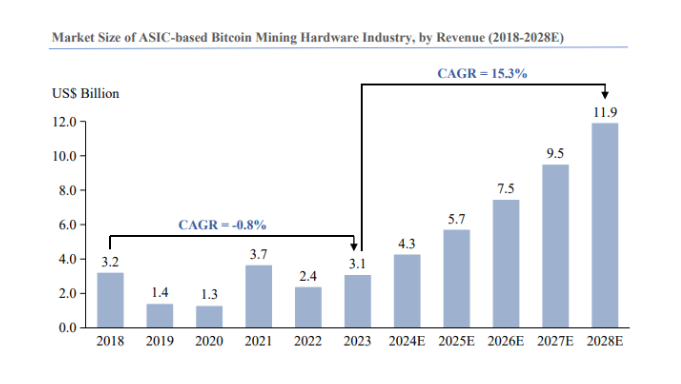China’s Bitcoin Hardware Monopoly Cracks: 95% of Miners Now Eyeing US Expansion
Beijing's crypto clampdown meets American ambition—and the hashrate wars escalate.
The Great Mining Migration Begins
When 95% of Bitcoin's hardware supply chain calls one country home, geopolitical tremors shake the entire network. Now Chinese ASIC manufacturers are quietly setting up shop in Texas and Wyoming, hedging against regulatory earthquakes.
Silicon Valley vs. Shenzhen
Western miners used to beg for shipments from Bitmain. Now they're cutting middlemen—and waiting for Uncle Sam's subsidies to kick in. Funny how 'decentralization' suddenly looks like a Made-in-America sticker.
The New Gold Rush
Wall Street still thinks Bitcoin mining is about digging for digital coins. Meanwhile, the real money's in selling shovels to speculators—whether they strike gold or not.
A Race To Beat Tariffs
Based on a report by Reuters, Bitmain kicked off US production in December, one month after Trump’s election victory. Canaan followed on April 2 with trial runs. MicroBT says it’s “actively implementing a localization strategy in the US.”
All three firms want to avoid a 25% levy on their ASIC machines, which power Bitcoin’s proof‑of‑work system.

Market Share Leaves Little Room For Others
Frost & Sullivan’s 2024 WHITE paper finds these three companies hold a combined 95% of the global ASIC market by computing power sold. That level of consolidation is rare in tech.
Analysts see the market growing at 15% CAGR, to hit nearly $12 billion by 2028. With that kind of money on the table, it’s no surprise Chinese outfits dominate.

US miners handle almost 40% of global Bitcoin mining, but almost all their rigs still trace back to Chinese engineers. Critics call this a “digital dependency trap.”
Conflux Network’s CTO Guang Yang warns the trade fight isn’t just about money. He says it’s also about “politically acceptable” hardware.
Some fear Chinese‑built machines—even if assembled in the US—could hide backdoors or tricky firmware.

Some people might wonder if the US can break free. A few start‑ups have sprouted in Silicon Valley and Texas. They aim to design ASIC chips on American soil.
But beating firms with years of experience and state‑of‑the‑art fabrication ties won’t be easy. And right now, US miners need rigs in hand, not promises of future prototypes.
Miners say they’ll enjoy faster deliveries and dodge sudden cost hikes. Yet deeper questions linger. Will this shift spark real innovation in US chip design, or simply turn Chinese blueprints into “Made in USA” labels?
Some industry watchers think the latter. They point to past moves in solar panels and telecom gear, where assembly moved overseas without true tech transfer.
Featured image from Coinbase, chart from TradingView

